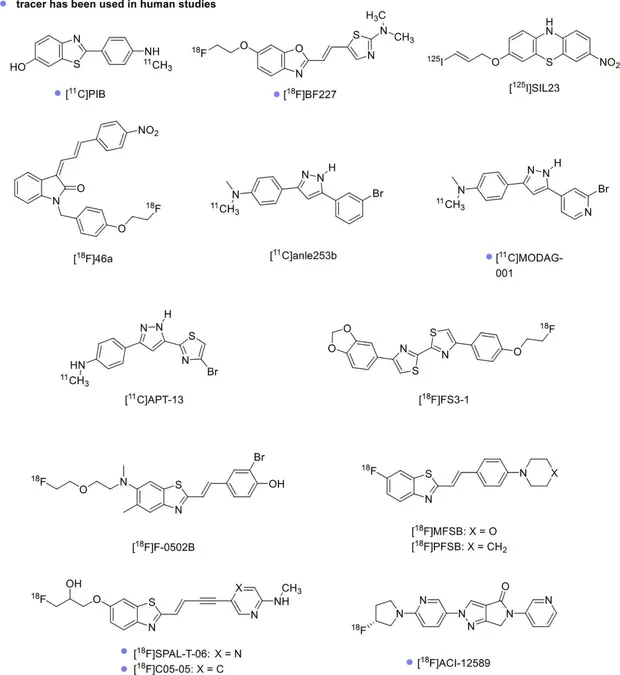
Revolutionizing Lung Cancer Detection: How AI Could Transform Global Health Initiatives
2025-04-23
Author: Sarah
A Game-Changer in Lung Disease Detection
In an exciting development for public health, the newly formed Alliance for Global Implementation of Lung and Cardiac Early Disease Detection and Treatment (AGILE) is embarking on a bold initiative to conduct longitudinal chest CT screenings. Targeting high-risk populations exposed to tobacco, this program harnesses cutting-edge artificial intelligence (AI) to streamline the early detection process of life-threatening tobacco-related conditions.
Unlocking Early Diagnosis with AI
Recent insights by Dr. James L. Mulshine and his colleagues, published in the European Journal of Cancer, shed light on how consistent chest CT scans can pinpoint life-threatening issues like lung cancer, emphysema, and coronary artery disease at much earlier stages. By systematically analyzing CT images over time, this approach could significantly enhance survival rates and treatment outcomes.
Tackling Infrastructure Challenges Head-On
However, implementing such a revolutionary public health program is not without its hurdles. The authors highlight crucial infrastructure challenges, from refining radiologic workflows and ensuring data quality to addressing the financial aspects of storage and cloud capacity. The AGILE consortium has proposed essential measures to create standardized protocols for low-dose CT screenings, which is crucial for effective international collaboration.
Building a Comprehensive Screening Registry
A comprehensive screening registry will also play a vital role, which requires participants to voluntarily share their scans. This poses a need for effective communication strategies to attract potential study participants. Dr. Mulshine and his team stress the importance of crafting tailored outreach efforts, suggesting that AI can facilitate these communication challenges.
Unlocking Data for Groundbreaking Research
The benefits of this initiative could be monumental, providing an extensive database for clinical research aimed at discovering targeted therapies for treating screen-detected diseases such as lung cancer, emphysema, and coronary artery disease. Access to this wealth of data also presents opportunities for other research projects, fueling public health advancement.
Success Stories Illuminate the Path Forward
While establishing this comprehensive screening program presents challenges, existing studies lay the groundwork for success. Notably, the European 4-IN-THE-LUNG-RUN screening study has already compared the performance of an AI diagnostic tool against seasoned radiologists, revealing promising results. Furthermore, the International Early Lung Cancer Action Project has tracked the progress of patients for over 25 years, showing that more than 80% of those detected early remain cancer-free.
The Future of Tobacco-Related Disease Management
The AGILE consortium’s ambitious initiative aims not just to enhance medical practices but also to reshape public understanding and action regarding early detection and management of serious tobacco-related illnesses. By fostering international collaboration and refining computational imaging techniques, this project may soon become a pivotal point in the battle against lung cancer and related diseases.


 Brasil (PT)
Brasil (PT)
 Canada (EN)
Canada (EN)
 Chile (ES)
Chile (ES)
 Česko (CS)
Česko (CS)
 대한민국 (KO)
대한민국 (KO)
 España (ES)
España (ES)
 France (FR)
France (FR)
 Hong Kong (EN)
Hong Kong (EN)
 Italia (IT)
Italia (IT)
 日本 (JA)
日本 (JA)
 Magyarország (HU)
Magyarország (HU)
 Norge (NO)
Norge (NO)
 Polska (PL)
Polska (PL)
 Schweiz (DE)
Schweiz (DE)
 Singapore (EN)
Singapore (EN)
 Sverige (SV)
Sverige (SV)
 Suomi (FI)
Suomi (FI)
 Türkiye (TR)
Türkiye (TR)
 الإمارات العربية المتحدة (AR)
الإمارات العربية المتحدة (AR)